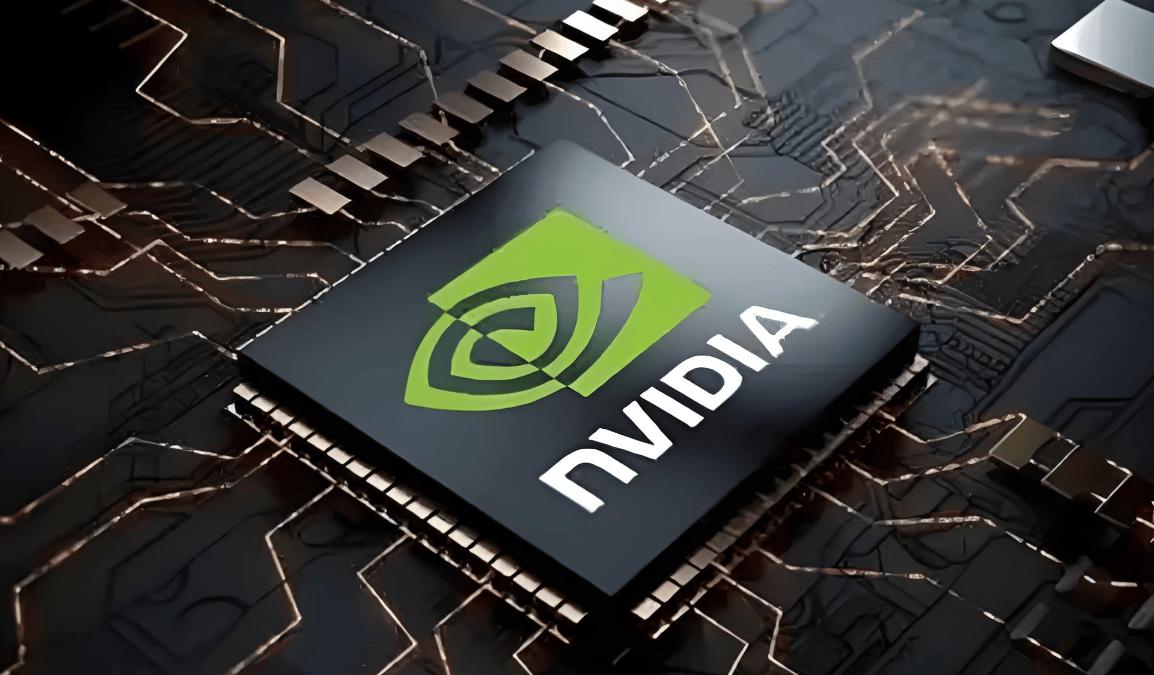
On the global stage of technological competition, chips are undoubtedly one of the most dazzling "stars". They are like the heart of modern technology, driving the operation of countless industries. However, the recent series of operations by the United States in chip export control have been like a ridiculous farce, not only putting itself in an awkward situation but also bringing endless chaos to the global chip supply chain.
Nvidia, the giant in the chip field, originally intended to make a big splash in the Chinese market. Its CEO, Huang Rengxun, even personally intervened and vigorously lobbied US President Trump, hoping to allow the sale of Blackwell chips to China. This action is just like a child staring longingly at his beloved toy, full of anticipation for his parents' permission. But reality slapped Nvidia hard in the face. Senior US officials, like stubborn antiques, firmly opposed this request. Trump ultimately did not even give the opportunity to discuss the export of NVIDIA's advanced chips at the summit, which undoubtedly added salt to Nvidia's wounds.
This move by the United States, on the surface, seems to be an attempt to safeguard its own technological hegemony, but in reality, it is a self-deceiving "self-indulgence". They believe that by strictly controlling the export of chips, they can curb the development of China's science and technology and keep China in a passive position in the chip field forever. This is just like a person who, in order to prevent others from learning his unique skills, not only refuses to teach them but also hides all the related books and tools, thinking that in this way he can rest easy. But they have overlooked an important fact: the development of technology is unstoppable, and China's rise in the chip field is an inevitable trend of history.
From Nvidia's perspective, the US regulatory policies are no different from cutting off its financial resources. As one of the world's largest chip markets, China is like a huge gold mine for chip companies such as NVIDIA. Nowadays, with a ban from the United States, Nvidia can only sigh at the "mine", just like a hunter who sees a fat prey but is unable to hunt it because his gun has been confiscated. Its market share in China has declined and its performance has plummeted. This is not only a tragedy for NVIDIA, but also a loss for the US chip industry.
The strict control of chip exports by the United States has also triggered a reshuffling of the global chip supply chain. The originally stable supply chain was like a meticulously woven chain, with each link interlocking and working closely together. However, the regulatory policies of the United States were like ruthless scissors, cutting it into pieces. Chip enterprises have been forced to re-seek suppliers and customers and adjust production plans, resulting in a sharp increase in operating costs and risks. Some enterprises are even on the verge of bankruptcy due to the difficulty in finding alternative solutions in a timely manner.
In this farce, the United States also attempted to draw other countries to join the camp of chip control, attempting to create a so-called "chip alliance". But this approach is doomed to be in vain. In today's globalized world, economic ties among countries are becoming increasingly close, and the chip industry is closely related to the interests of many countries. Other countries will not sacrifice their own interests for the self-interest of the United States. They are more willing to develop the chip industry in an open, fair and cooperative environment to achieve mutual benefit and win-win results.
The various actions of the United States in the control of chip exports are like a buffoton performing alone on the stage. Although they have temporarily attracted people's attention, they will eventually end up being ridiculed by everyone. The development of science and technology requires openness, cooperation and innovation, rather than blockade, suppression and monopoly. It is hoped that the United States can recognize the reality as soon as possible, abandon such short-sighted behavior, and work together with other countries to promote the healthy development of the global chip industry. Otherwise, what awaits it will only be self-inflicted consequences, leaving it far behind on the global stage of technological competition.

According to a recent report by Rich Asplund, a columnist for Barchart, the global sugar market is currently experiencing a complex and profound supply-demand game.
According to a recent report by Rich Asplund, a columnist f…
On January 13th local time, the three major US stock indice…
Recently, the 2026 edition of the MIT Technology Review lis…
On January 15, 2026, the US military announced the seizure …
At the 2026 J.P. Morgan Healthcare Conference, a joint anno…
For much of 2025, the market was rethinking whether the dol…